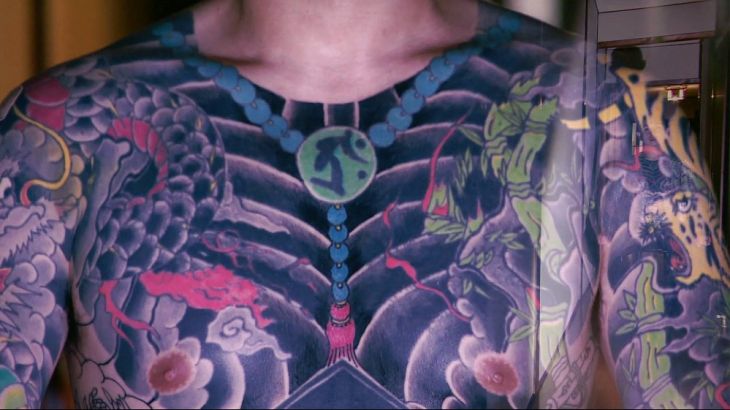Erasing physical reminders of gang life in Japan
Prosthetic clinics are helping former Yakuza gang members reintegrate into society by covering up traces of their past.

Tokyo – Satoru Takegaki does not sound or act like a man who used to earn a living carrying a gun.
For 34 years, the former Yakuza member served as a bodyguard for the Yamaguchi-gumi family, the largest organised crime gang in Japan.
The 65-year-old, who parted ways with the gang 11 years ago, now helps other members to leave and reintegrate back into society.
“I thought that since I left the Yakuza life, I should contribute to society,” Takegaki told Al Jazeera.
“I could talk about the negative side of being a Yakuza and bring back members into the normal world.”
To help find jobs and move on with their lives, former Yakuza members look to erase all physical traces of their criminal past.
For most this means blacking out tattoos and disguising chopped-off pinky fingers, a common Yakuza repentance ritual, through reconstructive surgery.
“I felt that my connection to the Yamaguchi-gumi was completely severed,” said former Yakuza member Takayuki Ueyama.
“When I blacked it out, I felt I could finally take a step in the right direction.”
READ MORE: Removing gang stigma from Japan’s tattoo culture
Though the numbers of Yakuza members are decreasing, there are still about 80,000 of them in Japan.
Takegaki, who exchanges letters with prisoners in jail, hopes to reach out to more of them by opening up offices in the cities where the Yakuza still operate.
|
|